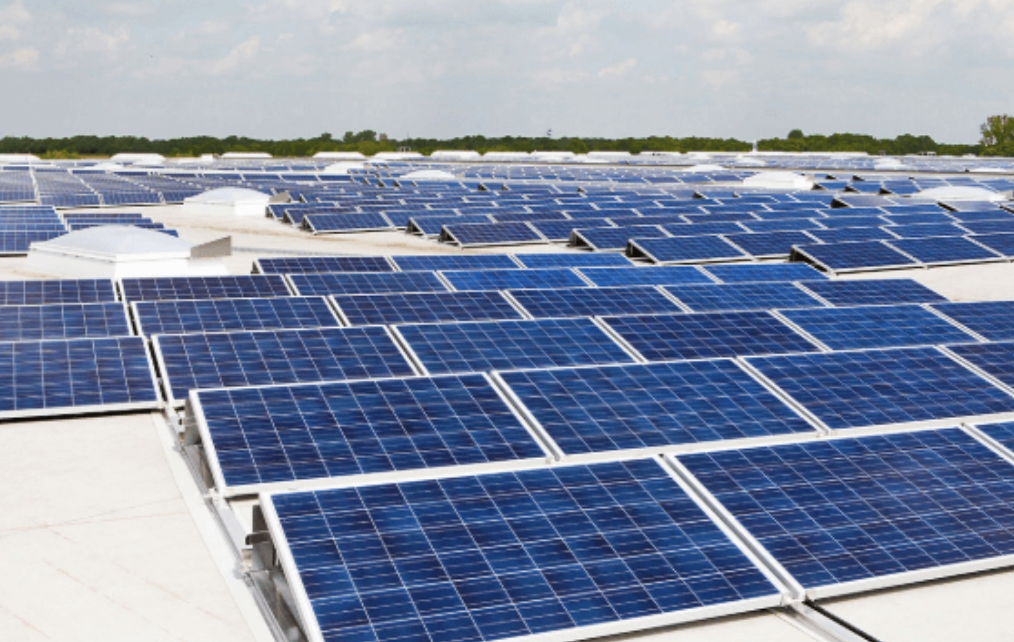Analyze the True Cost of Going Solar
- Written by NewsServices.com

Solar panels are devices used to capture and convert sunlight into usable electricity. They are becoming increasingly popular in both residential and commercial applications due to the numerous benefits they offer. Solar panels are a great way to reduce your energy costs, protect the environment, and be energy independent. In this article, we will discuss the definition of solar panels and some of the benefits of installing them on your property.
Solar panels are photovoltaic (PV) systems that convert sunlight directly into electricity through an array of interconnected solar cells made from semiconductor materials such as silicon or gallium arsenide. The PV cells generate direct current (DC) electricity when exposed to sunlight which is then converted into alternating current (AC) power by an inverter for use in households or businesses.
One major benefit of installing solar panels in Melbourne price is that they help you save money on your electricity bills by reducing your reliance on traditional power sources such as coal-generated electricity or natural gas-generated power plants. Additionally, once installed, solar panel systems require very little maintenance compared to conventional fossil fuel-based sources which can save you even more money over time. In addition to saving you money on.
Factors Influencing the Price of Solar Panels
The price of solar panels can vary greatly depending on a number of factors, including size and type of panel system, government rebates and incentives, location and climate conditions, and quality and efficiency ratings. In this article, we’ll take a closer look at each factor to better understand how they affect the cost of solar panels.
Size and Type of Panel System: The size and type of panel system you choose will greatly impact the overall price you pay. Smaller systems with fewer panels can be cheaper upfront; however larger systems with more panels may offer greater long-term savings due to increased energy production. The type or brand of panel used can also affect the cost—premium brands may have higher initial costs but offer better performance over time.
Government Rebates and Incentives: Many governments provide rebates or incentives for residential solar installation projects which can significantly reduce the overall cost for homeowners. These programs are usually based on factors such as total wattage installed or the total amount spent on solar equipment, so it pays to do your research before committing to any particular system in order to ensure that you’re getting the best deal possible.
Cost Comparison Between Purchasing vs Leasing a Solar Panel System
Purchasing a solar panel system outright is a significant investment, and many homeowners are considering whether they should buy or lease their system. Both options have benefits and drawbacks that can affect your decision. To help you make an informed choice, let’s take a look at the cost comparison between purchasing versus leasing a solar panel system.
When it comes to upfront costs, purchasing is typically more expensive than leasing–especially if you are in the market for high-end solar equipment like microinverters or batteries. Purchasing requires that you pay the full cost of installation as well as any applicable taxes and fees upfront. You may also need to purchase additional components such as mounting hardware or wiring if these aren’t included with your chosen system. On the other hand, leasing usually involves no upfront costs beyond any applicable taxes and fees; instead, you will be required to make monthly payments over several years until the lease agreement ends–typically between 10-20 years depending on your provider.
In terms of long-term savings, purchasing provides significantly greater potential returns than leasing does due to ownership of the solar panels themselves–which means no more monthly payments once they are paid off! Additionally, when you purchase your own system you can take advantage.
Conclusion
In conclusion, the cost of solar panels has come down significantly over the last decade, making them much more affordable for a larger portion of the population. Solar is becoming increasingly popular and with advances in technology and increased competition among suppliers, this trend is likely to continue. This is great news for those looking to reduce their energy bills or make their homes greener.
















